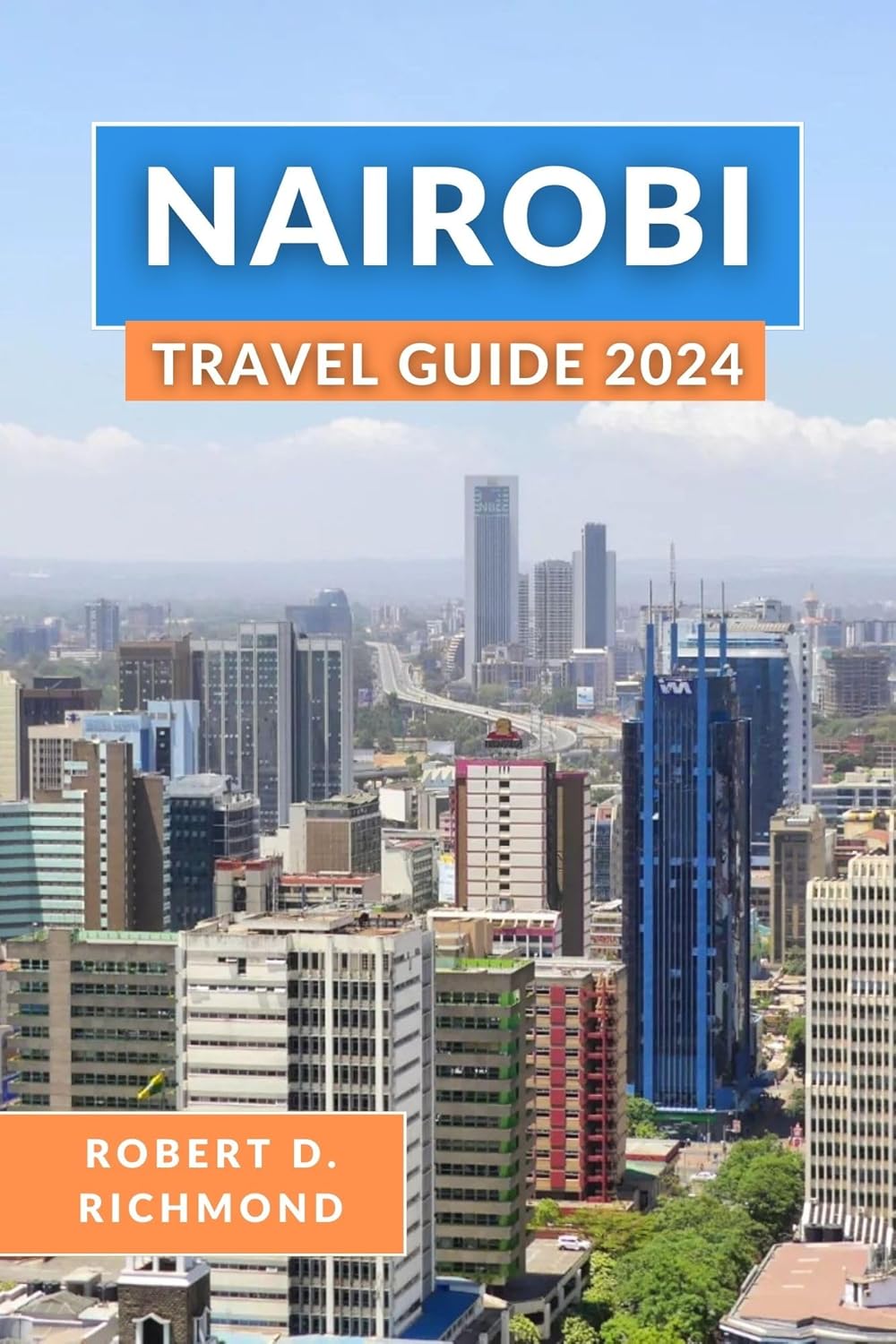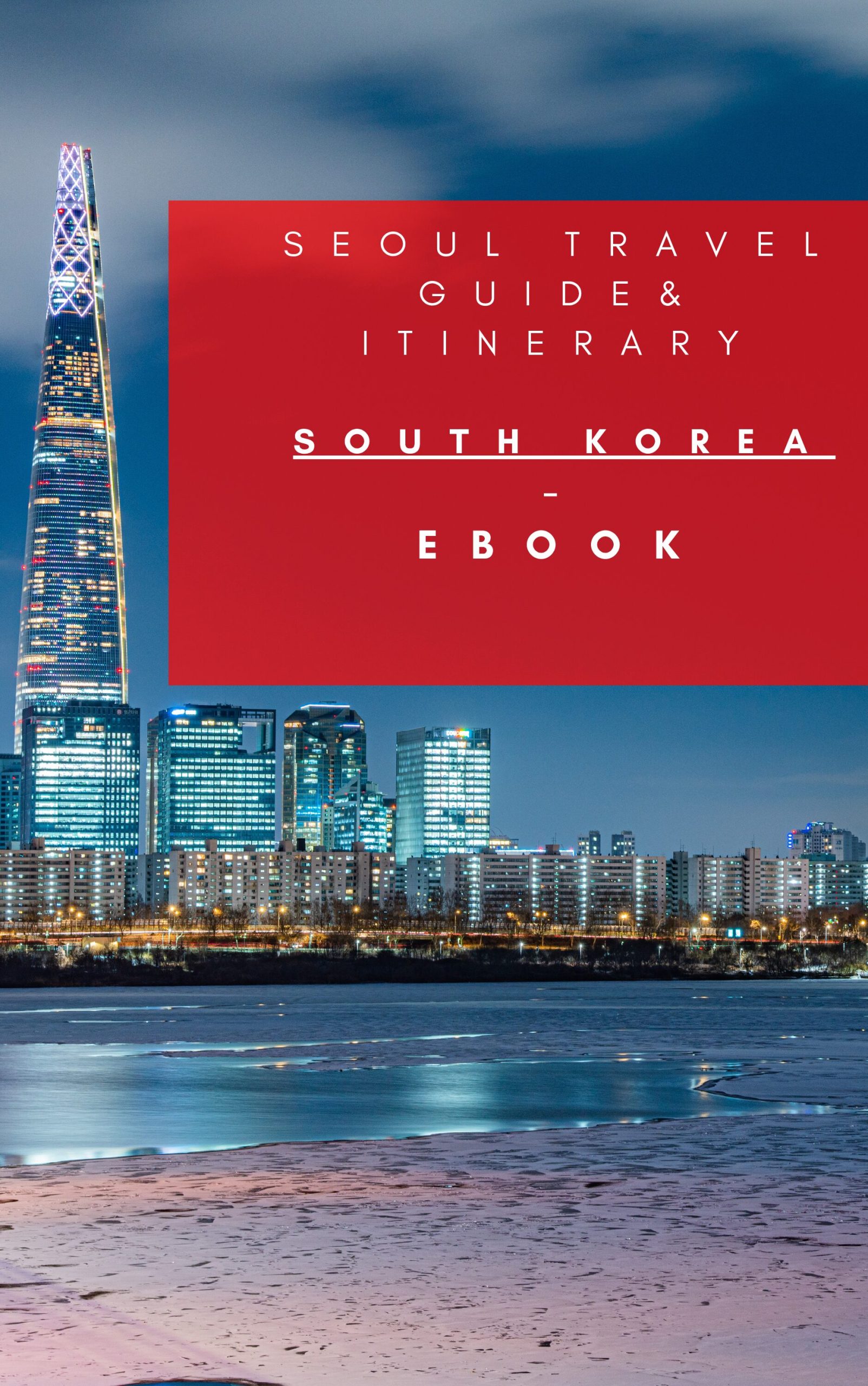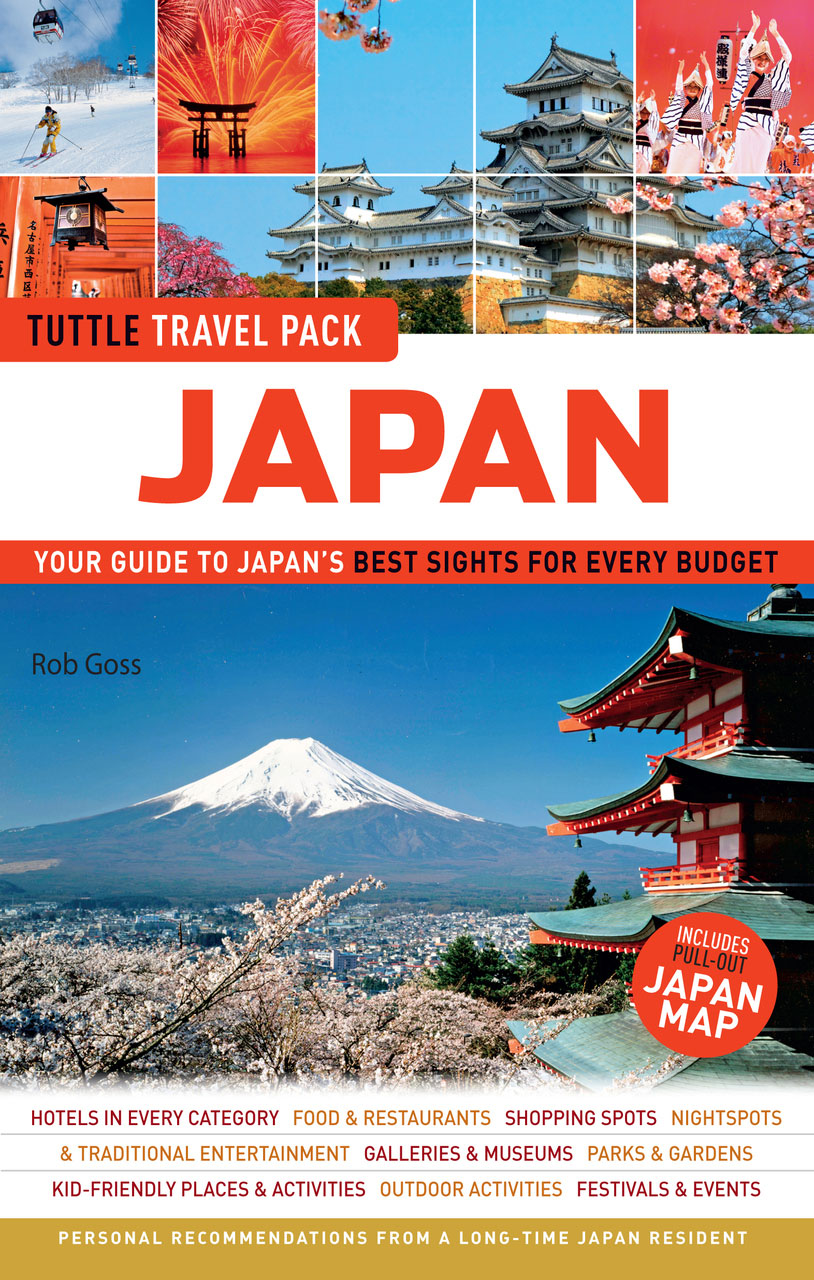
Nairobi, the "Green City in the Sun," is more than just Kenya’s capital; it’s a pulsating hub of culture, a gateway to incredible wildlife experiences, and a city steeped in a rich and often turbulent history. This travel guide will equip you with everything you need to navigate the vibrant streets, explore the stunning landscapes, and immerse yourself in the unique charm that Nairobi has to offer.
A Glimpse into the Past: From Railway Camp to Global Metropolis
Nairobi’s story is a compelling one, evolving from a humble railway camp to a thriving international metropolis in just over a century. Its origins lie in the construction of the Uganda Railway at the turn of the 20th century. The railway, connecting Mombasa to Uganda, needed a central depot and repair center, and the fertile land of the Maasai plains, where Nairobi now stands, proved to be the ideal location.
Related Articles about Nairobi: A Vibrant Tapestry of History, Culture, and Adventure:
- Naples: A Symphony of History, Flavor, and Unforgettable Experiences
- Brazil: A Symphony of Colors, Rhythms, and Unforgettable Adventures
- Lombok: Beyond the Shadow of Bali – A Journey into Paradise
- Ho Chi Minh City: A Vibrant Travel Guide to Vietnam’s Southern Metropolis
- Oslo: A Symphony of History, Nature, and Modernity
The name "Nairobi" itself originates from the Maasai phrase "Enkare Nairobi," meaning "cold water," referring to the nearby Nairobi River. The early days were marked by rapid growth, attracting a diverse population of laborers, traders, and settlers, including Indians, Europeans, and Africans. This influx of cultures laid the foundation for the cosmopolitan city we see today.
Nairobi played a crucial role in the fight for Kenyan independence from British colonial rule. The city became a center for political activism, with figures like Jomo Kenyatta, the first president of Kenya, playing pivotal roles in the struggle. The colonial legacy is evident in the architecture, with remnants of British colonial buildings still standing, offering a fascinating glimpse into a complex past.
Today, Nairobi stands as a symbol of resilience and progress. It is a major economic and cultural center for East Africa, a bustling city that continues to evolve and embrace its diverse heritage.
Must-See Attractions: Exploring the Heart of Nairobi
Nairobi boasts a wealth of attractions catering to diverse interests, from wildlife enthusiasts to history buffs and art aficionados. Here are some of the must-see highlights:
-
Nairobi National Park: Just a stone’s throw from the city center, Nairobi National Park offers a unique opportunity to witness the "Big Five" (lion, leopard, rhino, elephant, and buffalo) and a vast array of other wildlife against the backdrop of the city skyline. This is a truly remarkable experience, allowing you to see lions and giraffes roaming freely while skyscrapers loom in the distance. The park also houses the David Sheldrick Wildlife Trust, an elephant orphanage where you can witness the rehabilitation of orphaned baby elephants.
-
Giraffe Centre: Located in Lang’ata, the Giraffe Centre provides a close encounter with the endangered Rothschild’s giraffes. You can hand-feed these gentle giants and learn about their conservation efforts. It’s a fantastic experience for all ages and a great way to support wildlife conservation.
-
Karen Blixen Museum: Immerse yourself in the life and legacy of Karen Blixen, the Danish author of "Out of Africa." The museum is housed in her former home, preserving the atmosphere of her time in Kenya. You can explore the beautifully preserved rooms, learn about her life and work, and gain insight into the colonial era.
-
National Museum of Kenya: This comprehensive museum offers a rich collection of exhibits showcasing Kenya’s history, culture, and natural heritage. Explore anthropological displays, learn about the country’s diverse ethnic groups, and discover fascinating archaeological finds. The museum also features a botanical garden and a snake park.
-
Uhuru Park: This central park is a popular spot for locals and visitors alike. It offers a green oasis in the heart of the city, with walking paths, picnic areas, and a lake. It’s also a significant historical site, having hosted political rallies and events.
-
Kazuri Beads Factory: Witness the creation of beautiful handmade ceramic beads at the Kazuri Beads Factory. This initiative provides employment for women in the local community and offers a chance to purchase unique souvenirs.
-
Bomas of Kenya: Experience the vibrant cultures of Kenya’s diverse ethnic groups at Bomas of Kenya. This cultural center features traditional homesteads (bomas), performances of traditional dances, music, and crafts demonstrations.
-
Maasai Market: Explore the vibrant Maasai Market, a bustling marketplace offering a wide array of handcrafted souvenirs, including beaded jewelry, carvings, textiles, and artwork. Remember to haggle for the best prices!
-
Karura Forest: Escape the city bustle and immerse yourself in nature at Karura Forest. This lush urban forest offers walking and cycling trails, picnic areas, and opportunities to spot wildlife like monkeys and birds.
Travel Tips: Navigating the City with Ease
To ensure a smooth and enjoyable trip to Nairobi, consider these helpful tips:
-
Visa Requirements: Check visa requirements for your nationality before traveling. Most visitors require a visa, which can often be obtained online or upon arrival at the airport.
-
Currency: The Kenyan currency is the Kenyan Shilling (KES). US dollars and Euros are widely accepted, but you’ll get a better exchange rate by using local currency. ATMs are readily available throughout the city.
-
Language: Swahili and English are the official languages. English is widely spoken, making communication relatively easy for English-speaking travelers.
-
Safety: While Nairobi has made significant progress, it’s still important to be aware of your surroundings. Avoid walking alone at night in poorly lit areas. Keep valuables secure and be cautious of petty theft, especially in crowded areas. Use licensed taxis or ride-sharing services like Uber or Bolt for transportation.
-
Health: Consult your doctor about necessary vaccinations and malaria prevention before traveling. Drink bottled or purified water only. Be mindful of food hygiene when eating at local restaurants.
-
Bargaining: Bargaining is common in markets and with taxi drivers. Don’t be afraid to negotiate, but always do so respectfully.
-
Respect Local Customs: Dress modestly, especially when visiting religious sites. Ask for permission before taking photos of people. Be mindful of local customs and traditions.
-
Book Accommodations in Advance: Especially during peak season, it’s advisable to book your accommodation in advance.
Best Time to Visit: Weather and Wildlife Considerations
The best time to visit Nairobi depends on your priorities:
-
Wildlife Viewing: The dry season, from June to October, is generally considered the best time for wildlife viewing in Nairobi National Park. Animals are more likely to congregate near water sources, making them easier to spot.
-
Weather: Nairobi enjoys a pleasant climate year-round. The temperatures are moderate, with average highs in the low to mid-20s Celsius (70s Fahrenheit). The rainy seasons are typically from March to May and November to December.
-
Budget: Traveling during the shoulder seasons (May-June and October-November) can offer a good balance of pleasant weather and lower prices compared to the peak season.
Nearby Hotels: Where to Rest Your Head
Nairobi offers a wide range of accommodation options, from budget-friendly hostels to luxurious hotels:
-
The Stanley Hotel: A historic landmark hotel in the city center, offering a blend of colonial charm and modern amenities.
-
The Sarova Stanley: Another iconic hotel, known for its elegant rooms, excellent dining options, and prime location.
-
Fairmont The Norfolk: A luxury hotel with a rich history, renowned for its impeccable service and beautiful gardens.
-
Hemingways Nairobi: A boutique hotel with stylish suites, a tranquil atmosphere, and a dedicated spa.
-
Tribe Hotel: A contemporary hotel with modern design, located in the Gigiri area, near the United Nations headquarters.
-
Airbnb: Consider Airbnb for a more local and budget-friendly experience, offering a variety of apartments and houses.
Local Food: A Culinary Adventure
Nairobi’s culinary scene is as diverse as its population. Embrace the opportunity to sample the local flavors:
-
Nyama Choma: This Swahili term translates to "grilled meat," and it’s a Kenyan staple. Roasted goat or beef is a must-try, often served with kachumbari (a tomato and onion salad) and ugali (a maize flour porridge).
-
Ugali: The staple food of Kenya, ugali is a thick maize flour porridge that serves as a side dish to many meals. It has a neutral taste and is often eaten with meat stews, vegetables, and beans.
-
Sukuma Wiki: A simple but delicious dish of collard greens cooked with onions, tomatoes, and spices.
-
Pilau: A fragrant rice dish cooked with spices, meat (usually beef or chicken), and vegetables.
-
Chapati: A flatbread, similar to Indian roti, often served with stews or as a side dish.
-
Street Food: Explore the vibrant street food scene, trying delicious snacks like samosas, mutura (blood sausage), and mishkaki (grilled meat skewers).
-
Coffee: Kenya is renowned for its coffee. Enjoy a cup of freshly brewed Kenyan coffee at a local cafe.
-
Restaurants: Nairobi has a wide variety of restaurants offering diverse cuisines, from Italian and Indian to Ethiopian and Chinese. Explore the dining options in areas like Westlands, Kilimani, and Karen.
Transportation: Getting Around Nairobi
Navigating Nairobi can be done through various transportation options:
-
Taxis: Licensed taxis are readily available. Negotiate the fare beforehand.
-
Ride-Sharing Services: Uber and Bolt are popular and convenient options, offering a safer and more transparent experience.
-
Matatus: These privately-owned minibuses are the most common form of public transport. They are affordable but can be crowded and chaotic.
-
Buses: Public buses operate on fixed routes, offering a more structured but potentially slower alternative to matatus.
-
Car Rental: Renting a car gives you flexibility, especially if you plan to explore areas outside the city. However, be aware of traffic congestion and road conditions.
-
Walking: Explore the city center and certain neighborhoods on foot, but be cautious and aware of your surroundings.
Conclusion: A Journey of Discovery
Nairobi is a city that will captivate you with its vibrant energy, its rich history, and its close proximity to stunning natural beauty. By following this travel guide, you can confidently navigate the city, immerse yourself in its culture, and create unforgettable memories. Embrace the adventure, explore the diverse attractions, and discover the true spirit of Nairobi – a city that seamlessly blends the old and the new, the wild and the urban, into a truly unique travel destination.








